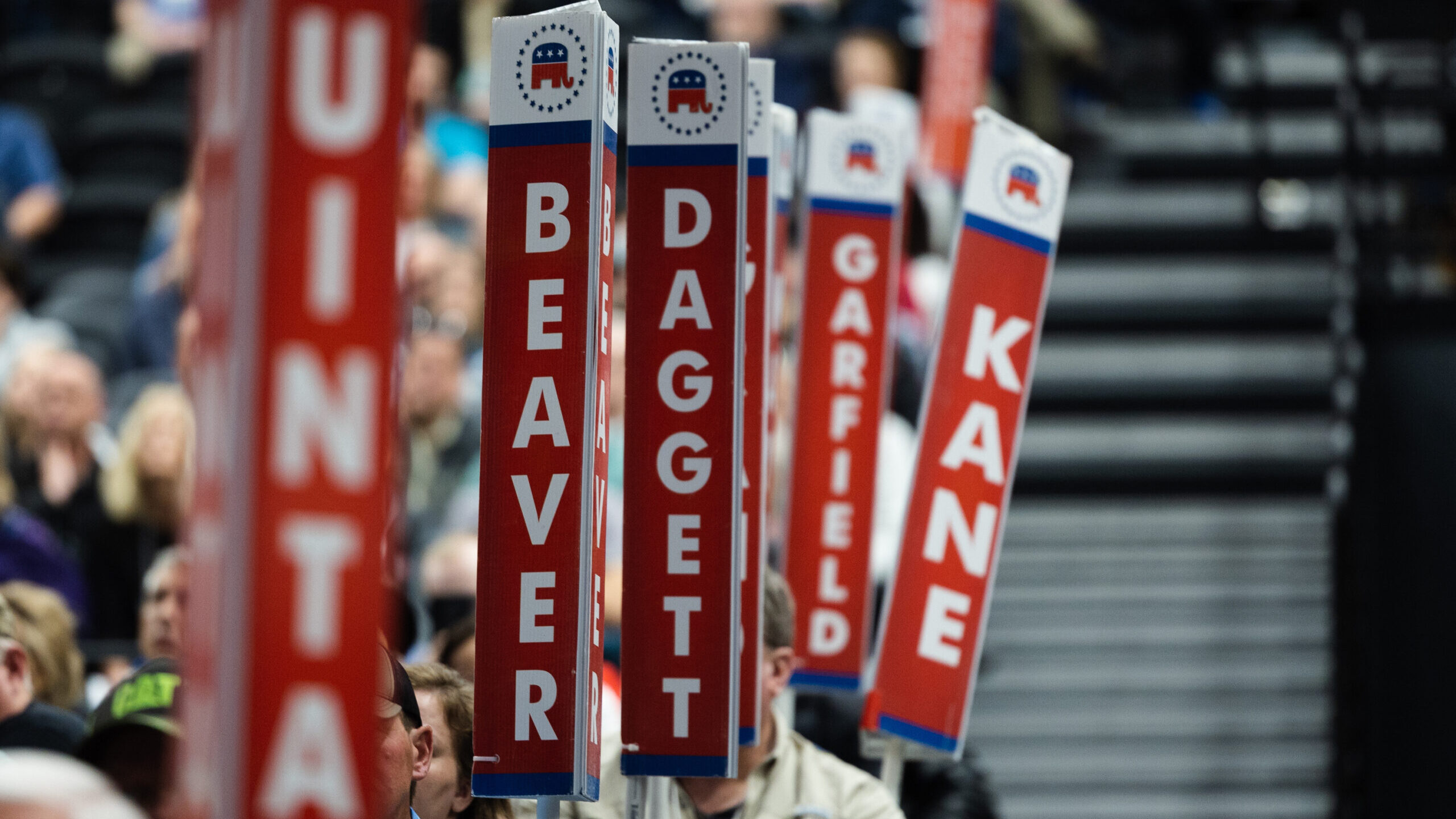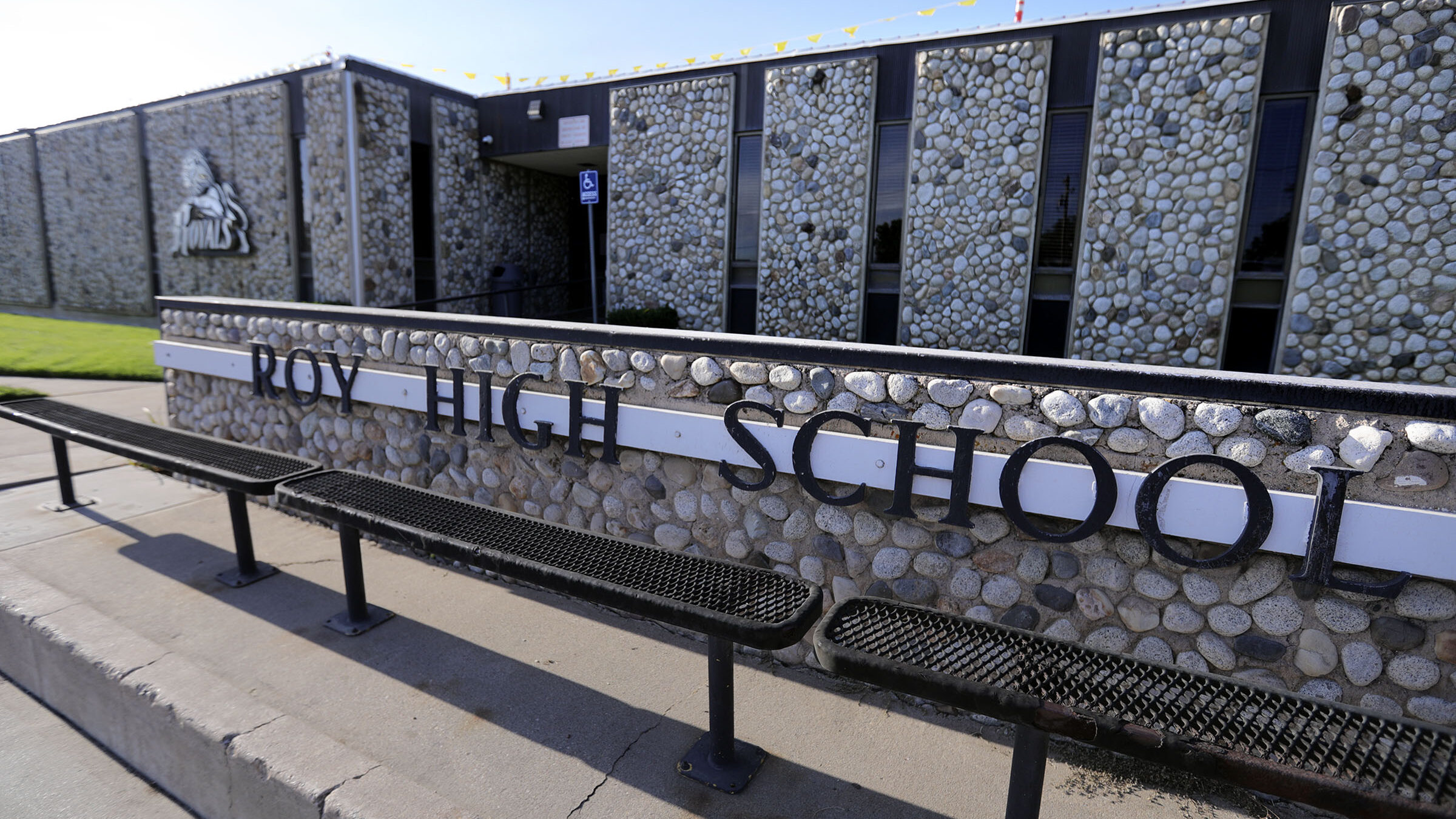Millennials don’t have kids because they don’t want to, study finds
Nov 30, 2021, 3:29 PM | Updated: Dec 8, 2021, 1:04 pm

A Pew Research Center survey reveals more and more Millennial-aged adults and couples don't want to have kids. Photo: Canva
According to a recent report by the Pew Research Center, more and more adults — specifically millennials — say they do not plan to have kids.
The report explained that birth rates began dropping during the COVID-19 pandemic. And now, the downward trend of birth rates paired with an overall decrease in U.S. fertility rates continues.
Millennials say they don’t want to have kids
The Pew Research Center survey found that among adults who do not already have children, fewer are planning to ever have kids.
The survey revealed 44% of non-parents ages 18 to 49 say “it is not too or not at all likely that they will have children someday.” The 44% figure is a 7 percentage point increase of non-parents with this view since the survey was conducted in 2018.
Tuesday morning, KSL NewsRadio’s Dave & Dujanovic dove into the phenomenon of millennials who say they don’t want to have kids.
It’s a little strange to hear people that are genuinely saying . . . I’m not interested in having kids. I think that is a huge societal change, because it was just the norm.
Dave Noriega, host of Dave & Dujanovic
Why fewer adults want to have kids
Dave & Dujanovic discussed this seemingly generational divide with Lois Collins of the Deseret News who covers policy and research that impact families, including extensive reporting on the Pew research.
Collins explained the biggest reason people ages 18 to 49 aren’t interested in having children is personal preference: “They just don’t want to.”
She said there has been a societal shift where having children is not a desire or a part of the long-term life plans for many who are now at an age to have children.
When it comes to 18- to 49-year-old American parents who say they are unlikely to have more children in the future, a majority (63%) say it’s because they just don’t want to. https://t.co/hjZnGiXCBv pic.twitter.com/Q1yW1CJbU9
— Pew Research Center (@pewresearch) November 21, 2021
These adults also cite financial reasons, Collins continued, noting that the difference in financial burden millennials face versus earlier generations is beyond doubt.
“There’s less spending power for your money than there used to be. Housing prices have gone way up across the country. College education costs and student debt are crazy.”
Some see smaller families as solutions to problems
Collins, a reporter who has covered family research for 20 years, noted an important clarification for a common misconception. Many consider declining birth rates a possible solution to issues such as climate change and overpopulation. But, Collins said, declining birth rates could devastate society.
“Children are not just a family good,” she said, “but a societal good.
“Kids are the key to a future workforce, vibrant stock market and economy. They are the key to passing down wealth and assets accrued by parents during their lives. School systems rely on having children to educate in order to create an informed and robust workforce that can improve the economy,” Collins said.
“Future generations are vital for funding Social Security and Medicare for the elderly.”
Collins concluded, “We need continuing generations to support everything that makes society great, that makes the world turn.”













